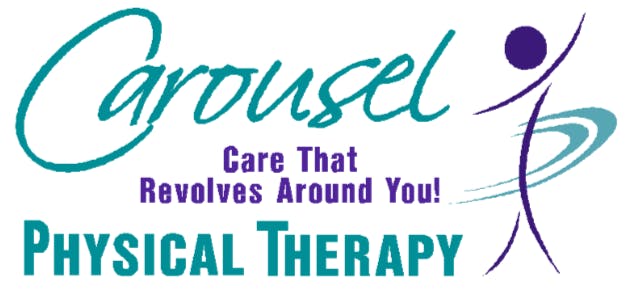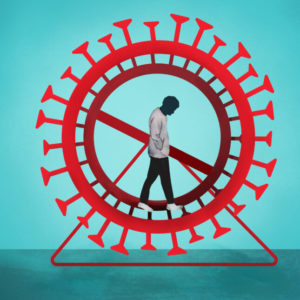One year ago our lives changed. Time stood still as our world abruptly changed from our normal day-to-day routines to the Pandemic.
Throughout this pandemic, we have witnessed the resilience of our patient, medical, and scientific communities as they have come together in extraordinary ways. As we emerge from it, we are now in the wake of the aftermath of those who have had COVID -19; acute or asymptomatic.
In recent weeks there has been a flood of news reports and studies from collected data being released. We are hearing and reading testimonials from individuals having NON-hospitalized, or asymptomatic Long-haul COVID-19.
Long-haul COVID-19 is defined as symptoms persisting for more than 6-weeks, with the consensus that most patients fully recover from COVID-19 in 4 to 6 weeks. Specifically, the presence of persistent symptoms after the apparent resolution from COVID by individuals labeled as “long haulers.”
These symptoms can include:
-
-
- Cognitive dysfunction – brain fog
- Headache
- Numbness or tingling
- Loss of taste
- Loss of smell
- Muscle pain
- Dizziness
- Pain
- Blurred vision
- Tinnitus (ringing in the ears)
-
In addition, many reported NON-NEUROLOGIC symptoms, including:
-
-
- Fatigue
- Depression or anxiety
- Shortness of breath
- Chest pain
- Insomnia
- Variation of heart rate and blood pressure
- Gastrointestinal complaints
- Low back/joint pain
-
Since the body of evidence regarding long-haulers, particularly among the 99% on asymptomatic/non-hospitalized cases is just coming into existence, symptom validation should be honored especially symptoms at day 61+:
-
-
- Muscle, general, and mental fatigue
- Muscle and joint pain
- Muscle atrophy
- Breathing problems
-
Physical Therapy treatment will be beneficial in translating effective self-management through education and lifestyle and behavioral changes for those living with Long COVID, or post-COVID or post-prolonged deconditioning as we navigate these boom-bust cycles for those likely living with an episodic and unpredictable disability.

